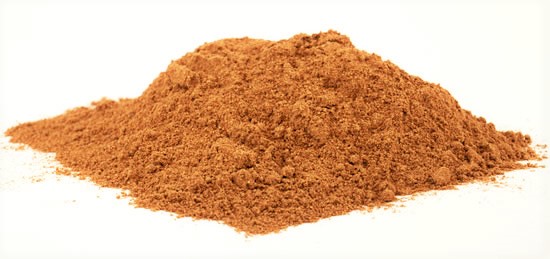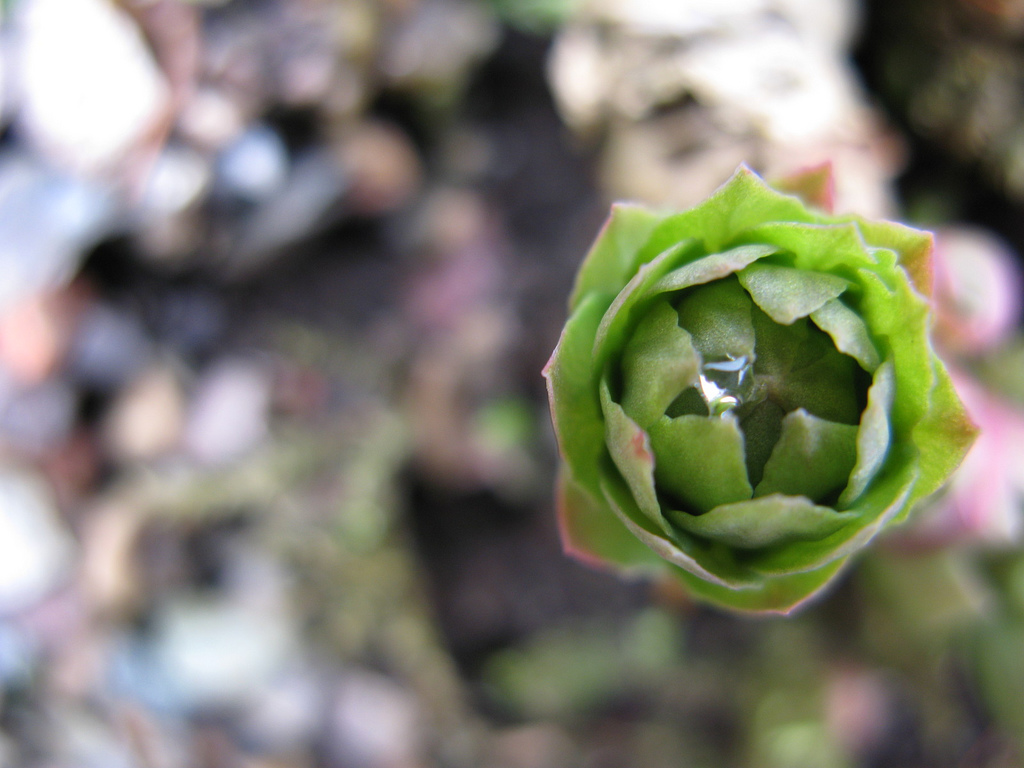You see rhodiola rosea in a wide array of supplements that promise a huge range of things. Since nootropics is a landscape that is changing fast, there’s a ton of information out there, a lot of it conflicting. Rhodiola rosea is known to be effective for both anti-stress and to combat fatigue, but how can the average user get the outcome he or she wants? By timing your dose of rhodiola rosea, you can achieve optimal results with minimal effort.
What Is Rhodiola Rosea?
Rhodiola rosea (also called king’s crown, lignum rhodium, rose root, and Arctic root) is a perennial flowering plant grown in colder parts of the world. It often grows on seaside cliffs and up in the mountains, so it’s often found in the Alps, the British Isles, and the Pyrenees. According to some users and several studies, rhodiola rosea is purported to help combat fatigue and depression. It has also been used to prevent altitude sickness in some folk medicine traditions. If there is a rhodiola rosea plant growing nearby, some people even like to mix the leaves in their salads.
Some users say that rhodiola rosea can help manage fatigue, but others report that it can be effective in combating anxiety. With different outcomes possible, experiment with taking your rhodiola rosea at a variety of times to get the results you want.
When Should I Take Rhodiola Rosea?
There is some evidence that rhodiola rosea’s efficacy can decrease if you take it each day. Your body may build up a tolerance over time, so you’ll need to take more and more to get the same effect. The good news is that even amounts as low as 50 milligrams have been shown to improve your subjective well-being and endurance, so you don’t need much to get started. Unfortunately, anything over 600 milligrams can increase your platelet count, causing bruising or worse, so don’t overdo it. Take rhodiola rosea just when you need its effects rather than as part of a daily stack.
Rhodiola rosea stacks well with Eleutherococcus senticosus and Schisandra chinensis, both of which are adaptogens traditionally used to increase performance and cognition. When stacked together, each can work in concert to improve your mental and physical stamina. Rhodiola rosea has also been shown to have a mildly stimulating effect, like caffeine, so if decreasing physical and mental fatigue is the goal you have in mind, take it in the morning so it doesn’t impact your sleep.
Other users find that rhodiola rosea helps them manage their anxiety and makes them feel a little more mellow. If your body responds in this way, some research suggests that you should take your rhodiola rosea about an hour before a stressful event.
Some users find it effective to stack their rhodiola rosea with caffeine to enhance the effects of both. If that’s you, take your rhodiola rosea alongside your morning coffee or with a supplement that includes caffeine in the blend.
As with any nootropic, outcomes vary significantly, and the science is still catching up with the anecdotal evidence. Manage your expectations, and talk to your doctor before you add rhodiola rosea or any other supplement to your diet.
Where Can I Get Rhodiola Rosea?
Rhodiola rosea extract is widely available; Solaray, for example, is a reputable company that makes a pill-form supplement many users like. You can also get rhodiola rosea in a variety of nootropic blends, like Neurofuse (a supplement our reviewers enjoyed) and the always popular Nootrobox RISE.
Have you tried rhodiola rosea? Did you feel less tired and sharper? What did you stack it with? Tell us in the comments.
Photos:
- Rhodiola Rosea Flowers by WildBoar, via Wikimedia Commons.
- Rhodiola rosea. by Botanischer Garten TU Darmstat via Flickr.



